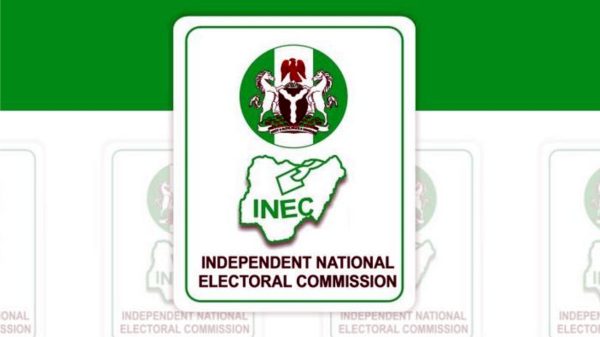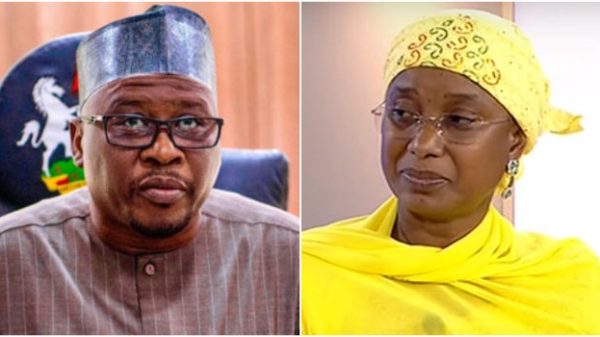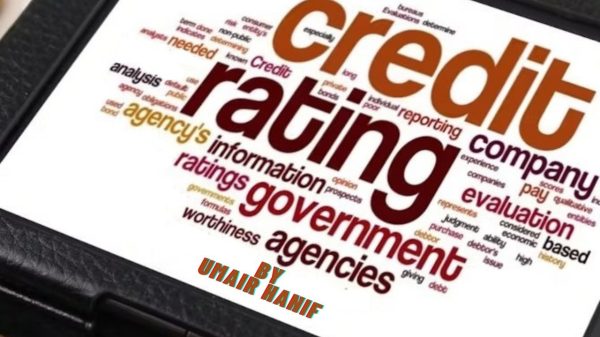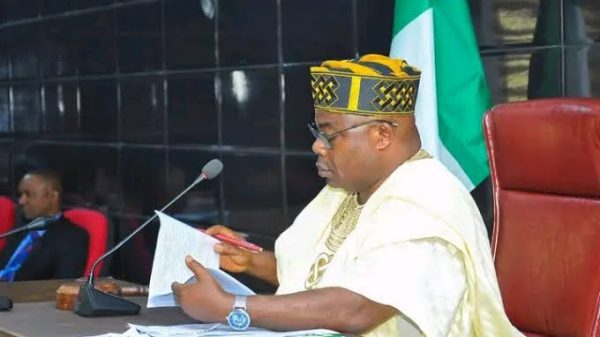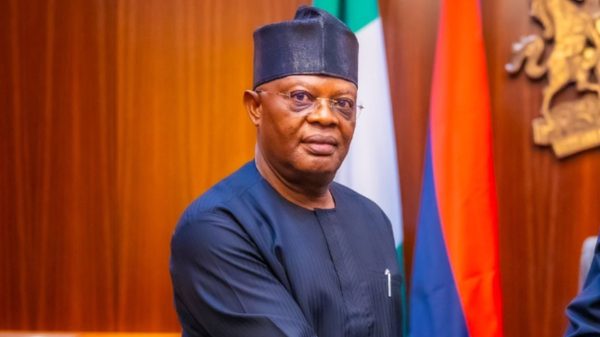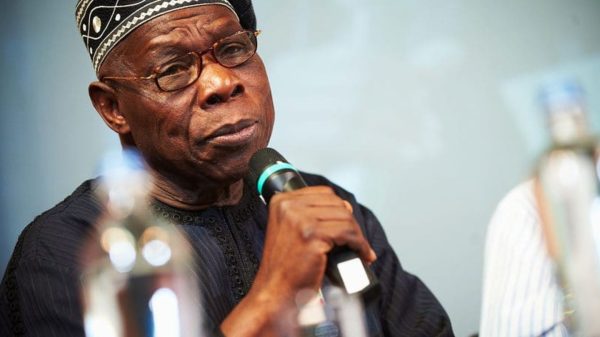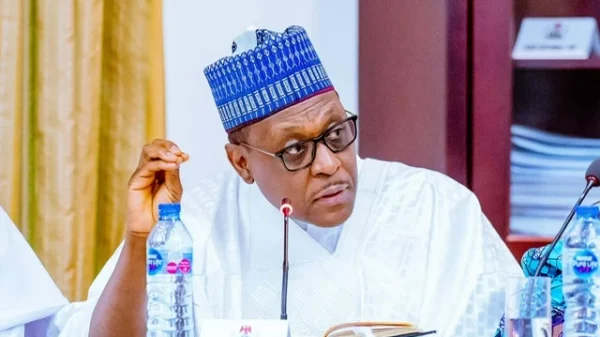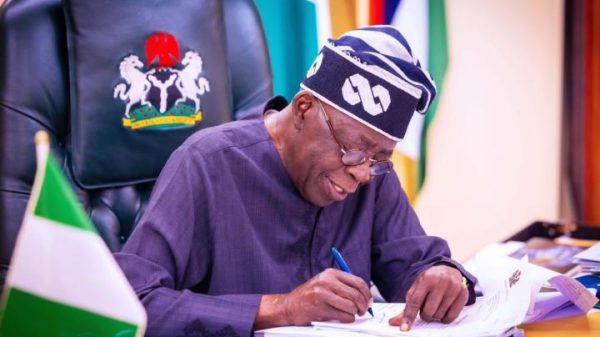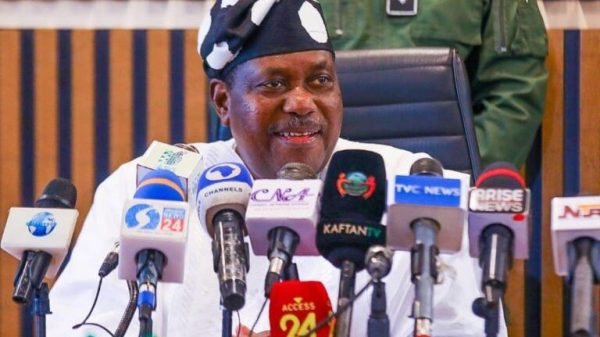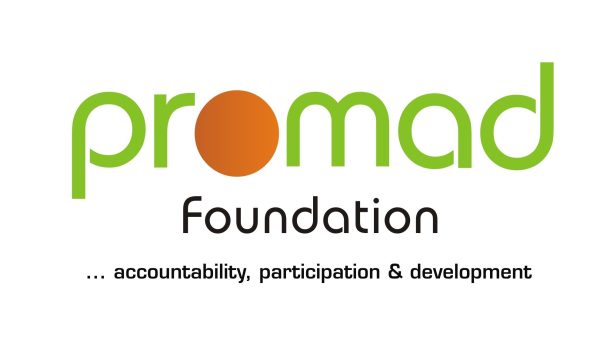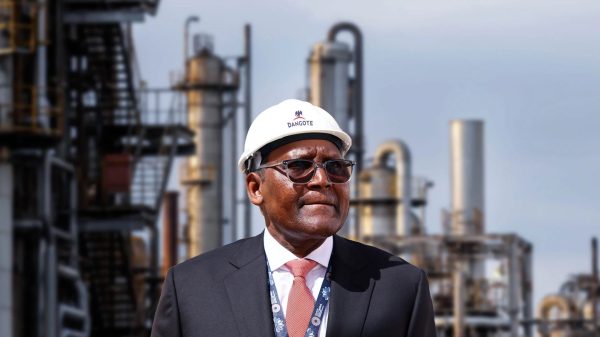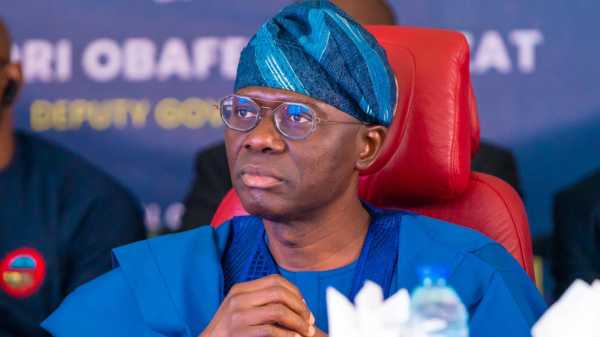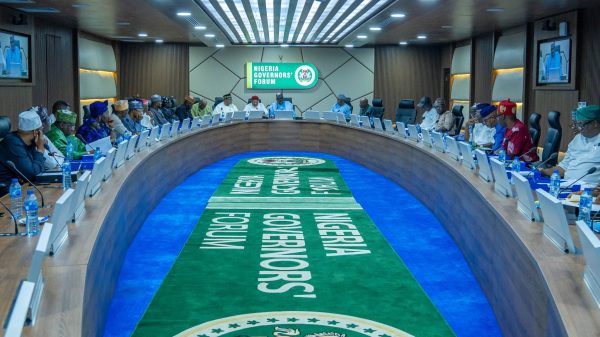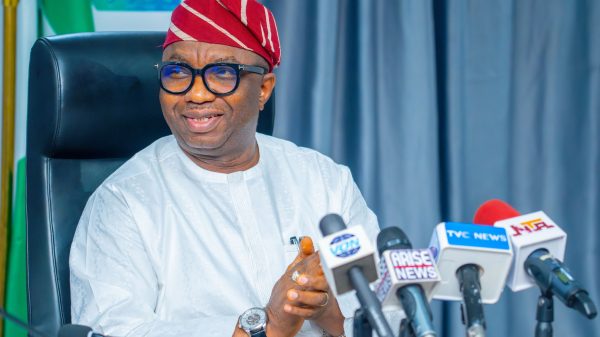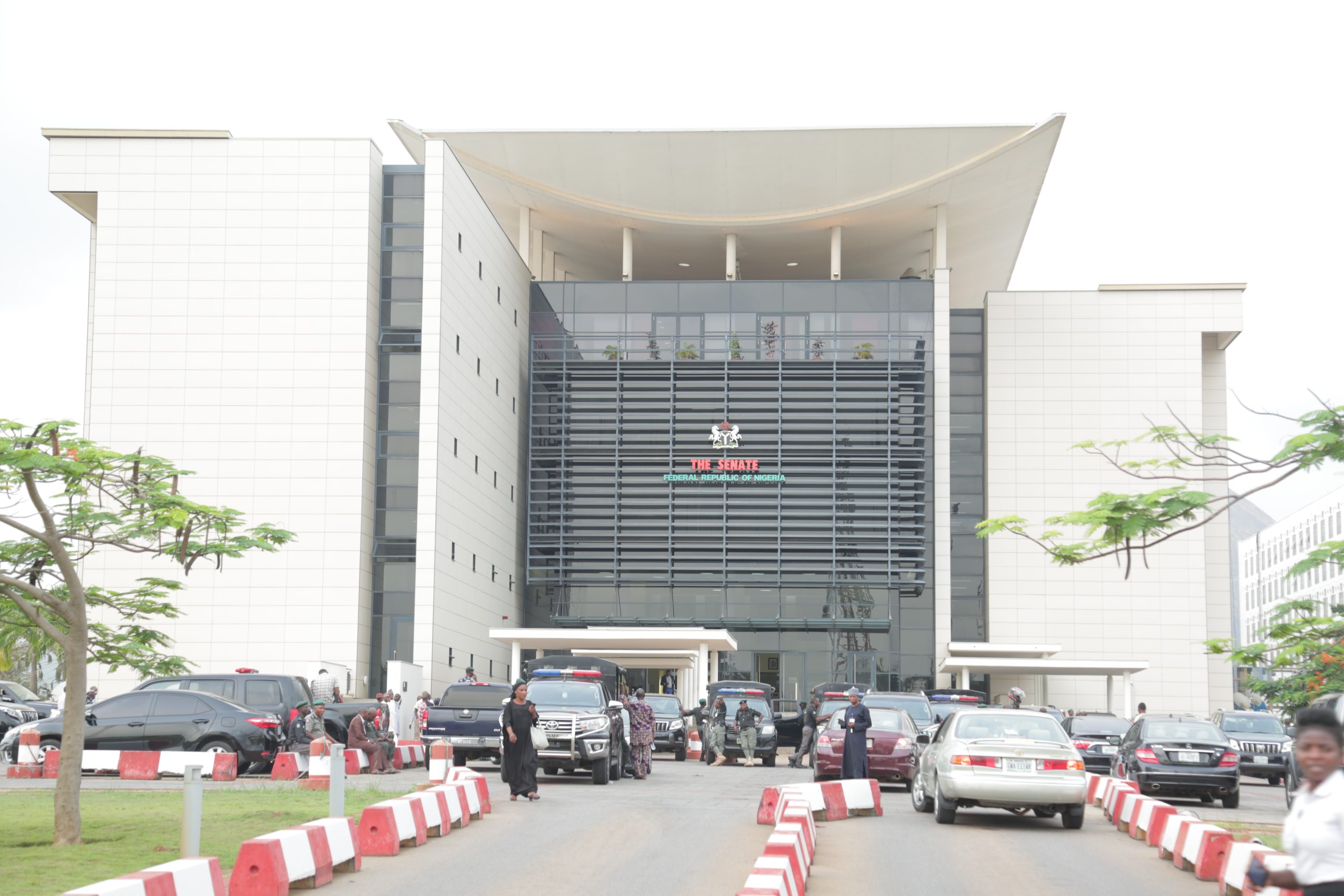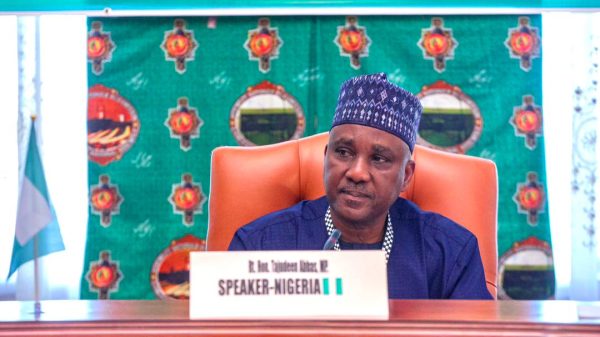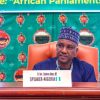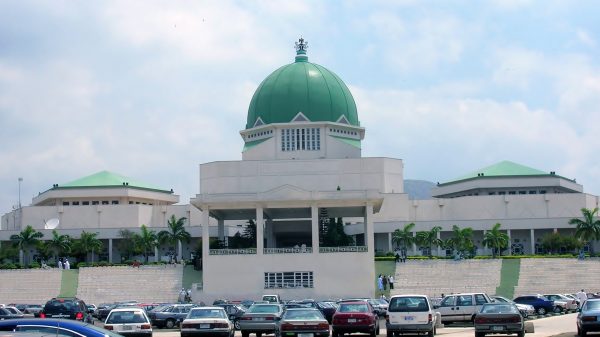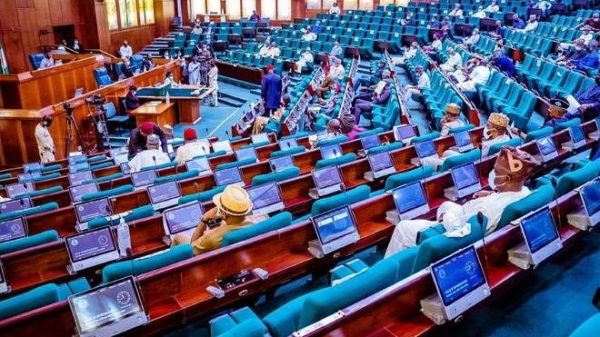Abuja, Nigeria
The national assembly has passed the 2025 budget estimate of the sum of N54.9 trillion presented in December by President Tinubu.
The Green Chamber approved the appropriation bill on Thursday after a member, Abubakar Bichi who chairs the appropriation committee, presented the report.
In the same development, the Senate also passed the appropriation bill.
On December 18, President Bola Tinubu presented a proposed budget of N49,740,165,355,396 for 2025 to a joint session of the Senate and House of Representatives.
The president during his presentation said the reforms being championed by his administration were already yielding results.
However, on February 5, he requested that the national assembly increase the budget by N4,530,479,970,637.
On Thursday, both chambers of the national assembly passed a revised budget of N54,990,165,355,396 for 2025, reflecting an increase of N719,520,029,363.
Of the total amount, N3.65 trillion is allocated for statutory transfers, N14.32 trillion for debt servicing, N13.06 trillion for recurrent (non-debt) expenditure, and N23.96 trillion for capital expenditure in the development fund.
Additionally, the lower chamber has requested that the president submit the budget for the next fiscal year three months before the end of the current year.
Last year, both chambers approved the 2025-2027 medium-term expenditure framework (MTEF) and fiscal strategy paper (FSP), which set the parameters for the budgets.
The legislature approved the oil benchmark prices of $75, $76.2, and $75.3 for the daily crude oil production targets of 2.06 million, 2.10 million, and 2.35 million barrels for the 2025, 2026, and 2027 fiscal years, respectively.
The projected gross domestic product (GDP) growth rates of 4.6%, 4.4%, and 5.5% for each of the three years were also maintained in the fiscal strategy paper.
The lawmakers’ passage of the 2025 appropriation hinges on an exchange rate projection of N1,400/$ as approved by the legislature.
However, they promised that it would be subject to review in early 2025 based on monetary and fiscal policies.








